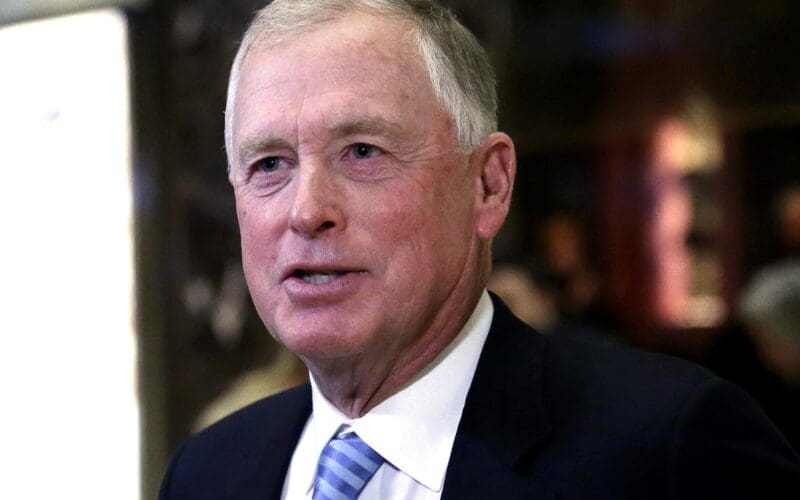Hindenburg Research has launched an investigation into Carvana, a prominent online used car dealership, and its alleged undisclosed associations with Cerberus Capital Management. This inquiry also implicates former U.S. Vice President Dan Quayle, who serves on Carvana’s board and is a senior executive at Cerberus.
In recent years, Carvana has emerged as a top performer in the stock market. Its shares saw remarkable growth, with a nearly 50-fold increase from late 2022 to 2024. Despite this success, the company has faced persistent scrutiny over its corporate governance and financial practices.
Hindenburg Research has accused Carvana of engaging in questionable accounting practices, describing the company’s turnaround as illusory. The report suggests that Carvana is involved in ‘related-party accounting games,’ particularly pointing to connections between Carvana and DriveTime Automotive, a used car chain controlled by Ernest Garcia II.
The report unveiled a potential disclosure issue involving $800 million in auto loan receivables, which Carvana sold to a supposed unrelated third party. Hindenburg contends that the buyer, Towd Point Auto Trust, is actually controlled by Cerberus. This casts doubt on Carvana’s transparency, particularly since Dan Quayle, part of Carvana’s board, also holds a significant position at Cerberus.
Carvana’s spokesperson refuted the report, arguing that the claims are misleading and reiterated their focus on future growth. Despite these denials, the SEC has been probing Carvana since 2020, further casting a shadow on the firm’s dealings.
Cerberus, led by Stephen Feinberg, is a major private equity firm with extensive political connections. Feinberg’s role in Donald Trump’s administration increases the stakes of Carvana’s alleged ties with Cerberus, particularly as Carvana’s business relies heavily on selling auto loans, many of which are subprime.
Ally Financial, historically a major buyer of Carvana loans, has reduced its purchases, reportedly acquiring only 35% of Carvana’s loan book in 2024 compared to 60% in previous years. This withdrawal highlights the financial challenges Carvana faces, drawing parallels to patterns seen during the pre-2008 financial crisis.
Moreover, a significant portion of Carvana’s recent loans are already underwater, signaling possible financial instability. The legitimacy of Carvana’s business model has been questioned, with one former director likening it to early 2000s mortgage-backed securities risks.
The unfolding situation at Carvana raises serious concerns about financial transparency and governance. The allegations brought by Hindenburg Research, combined with the backdrop of political ties to Cerberus, underscore a need for clarity. As investigations continue, stakeholders await comprehensive explanations from Carvana to ensure investor confidence and regulatory compliance.
Source: Forbes






